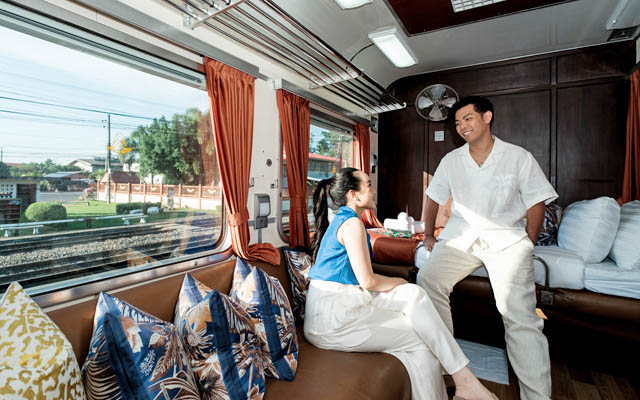The recently held 56th meeting of the GST Council in New Delhi chaired by India’s Union finance and corporate affairs minister Nirmala Sitharaman approved key changes in tax rates, including a reduction in Goods and Services Tax (GST) on hotel room tariffs priced at 7,500 rupees (US$85.05) or less per night.
The GST has been brought down from 12 per cent (with input tax credit) to five per cent (without input tax credit), a move that the hospitality sector has described as a timely boost for domestic tourism and occupancies.

“The reduced GST rate will significantly enhance affordability for domestic travellers and drive occupancy in the midscale segment. With the festive season just around the corner, this reform offers a strong boost to both demand and sector confidence. We believe it will also encourage more first-time travellers to explore India’s diverse destinations, further energising the tourism economy,” said Perkin Rocha, founder and CEO, Ecko Hotels & Resorts.
Echoing the sentiment, Neha Kapoor, general manager of Hyatt Place Gurgaon, noted that the reform will strengthen market momentum.
She said: “We anticipate this change will translate into stronger demand and improved occupancy levels. Beyond the immediate benefits, it also paves the way for healthier growth in the hospitality sector, supports tourism and strengthens the industry’s contribution to the economy.”
The new tax structure will come into effect from September 22, 2025. The impact is also expected to extend beyond hospitality, creating a positive ripple effect in allied sectors. “The government has significantly broadened affordability in domestic tourism, ensuring that demand in emerging destinations can flourish. At the same time, the simplification of GST for residential real estate through reduced construction costs and clearer slab structures is poised to stimulate housing supply and bolster confidence, particularly across tier-II and tier-III cities,” said Sumit Mitruka, CEO and founder, Summit Hotels & Resorts, adding that hospitality and real estate remain deeply interlinked.
“Affordable housing underpins urban growth while accessible travel fuels mobility and commerce. A streamlined GST regime allows these sectors to reinforce one another, creating a powerful multiplier effect on employment, consumption and investment.”











